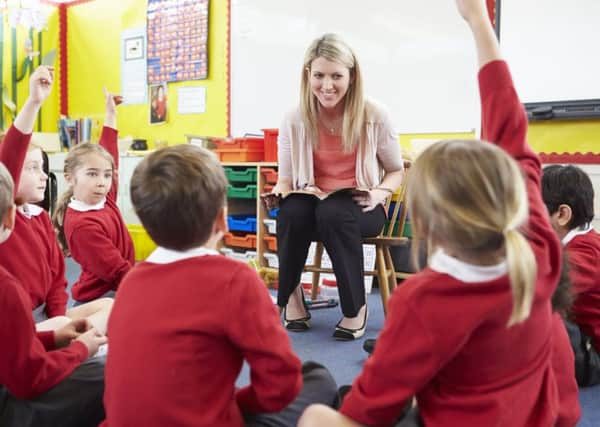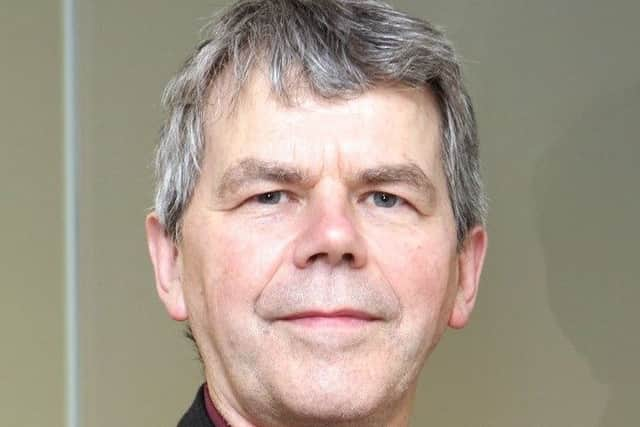Counsellors in schools will be a big help – Jonathan Wood


She said: “When I came into the profession, I had high ideals about what I could achieve. I was going to be the teacher that children remembered – encouraging and inspiring them to learn and develop in ways they couldn’t have imagined.
“My own schooling was not brilliant, but I had one or two teachers who really helped me. It was because of them that I wanted to teach.” Instead of a summer break, Karen is looking at her career options.
Advertisement
Hide AdAdvertisement
Hide AdOver her five years she has experienced increasing pressures on teachers as school budgets are under strain – “our school now has very little provision left for children with special educational needs, and there are more children than ever in that category. This means the school takes the brunt”.


Whereas Karen was clear about her role as an educator, she feels that now she is being asked to deal with mental health and social needs, as well as the specialist learning needs of an increasingly challenging population of children, on top of her actual job of teaching a class of nine-year-olds. Her skills are in teaching, not in counselling or mental health; not in educational psychology. Karen is not atypical. But there is some good news.
The Scottish Government has pledged to invest more than £60 million to create 350 counsellors, ensuring that every high school has counselling services by September of next year. It has also pledged to enhance support and professional learning for teachers on good mental health.
This goes some of the way to support the recently-announced Children and Young People’s Mental Health Taskforce recommendation that “endorses a whole system approach to addressing children’s mental health needs”, focusing on prevention, and early intervention.
The recommendations also recognise the vital role of the third sector in delivering on this, because with very few training in children’s counselling in Scotland, where is this specialist workforce going to come from?
Place2Be – with 25 years of providing counselling and therapeutic support to children in schools – offers a range of professional qualifications, providing placement opportunities and supervision for counsellors across our schools, building the skills necessary to support children and young people.
We are currently working with colleges and universities to understand how we can deliver these courses more widely.
More counsellors are one part of the solution, but preventative mental health work means the focus must also include primary schools.
Advertisement
Hide AdAdvertisement
Hide AdSkilling up the teachers – in mental health first aid for example – may simply add an extra task to their already overloaded profession. Instead we would advocate more support – regular supervision time for teachers alongside this influx of counsellors.
That way Karen may feel she has somewhere her children most in need of support can go, as well as somewhere she can be supported in her work. She may even choose to stay in the teaching profession.
Jonathan Wood, national manager for Scotland and Wales, Place2Be.